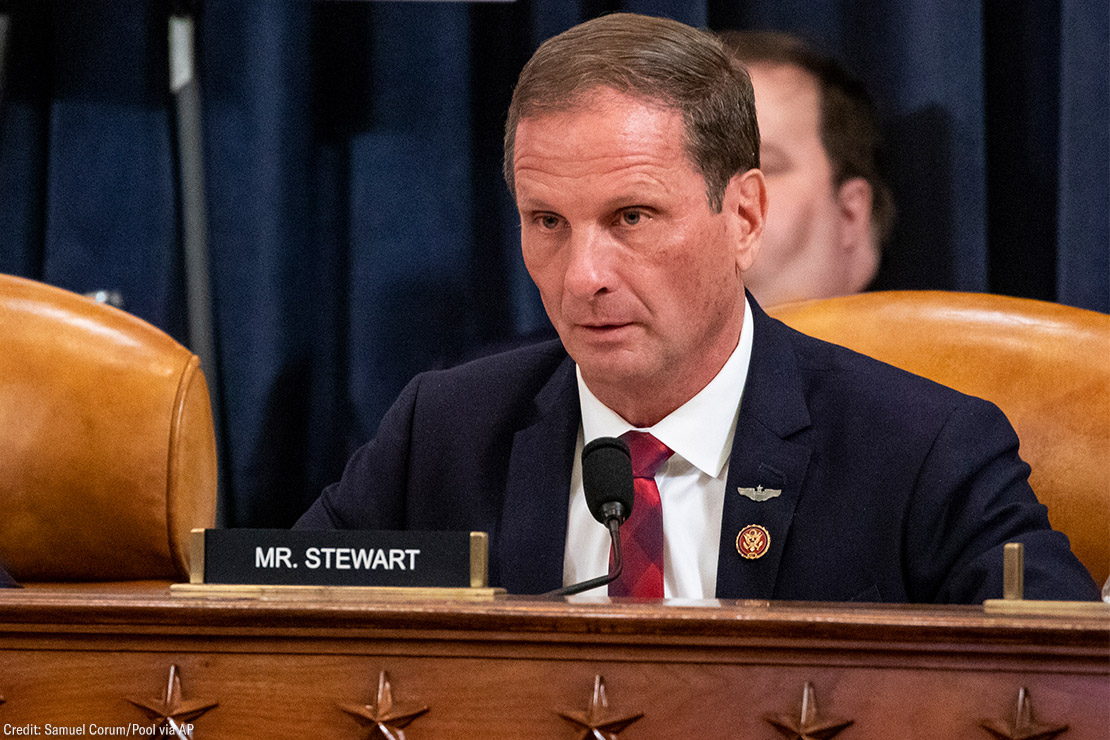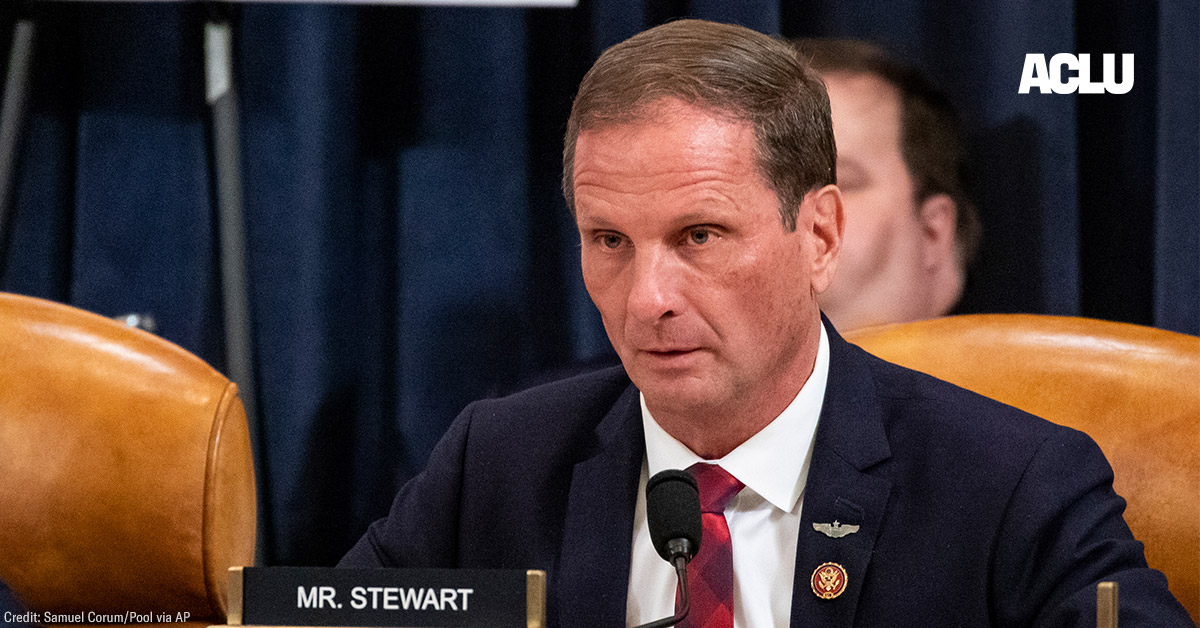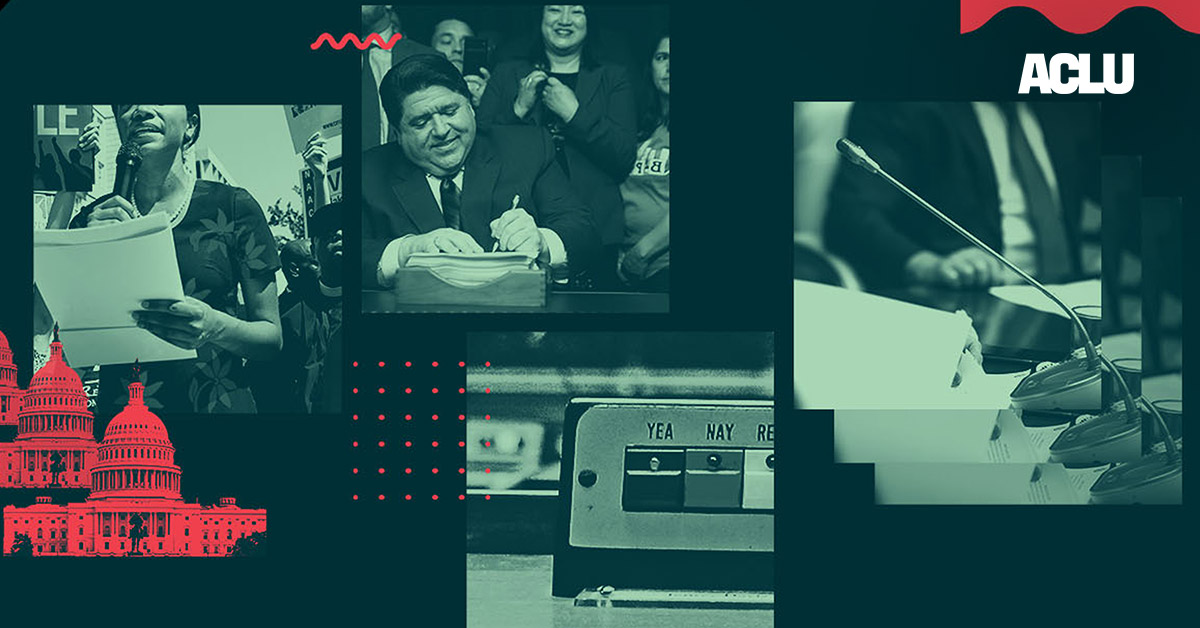On Friday, Congressman Chris Stewart (R-Utah) and several of his Republican colleagues in the House of Representatives introduced the so-called “Fairness for All Act.” The bill is being described by its supporters as a compromise that protects both LGBTQ people and religious liberty.
In reality, the bill facilitates the Trump administration’s ongoing efforts to give a greenlight to those who would turn LGBTQ people away from jobs, health care, housing, even taxpayer-funded programs, simply because of who they are. The bill also weakens some longstanding protections in federal and state laws for everyone, not just LGBTQ people.
Creates a Different Standard for Anti-LGBTQ Discrimination
By singling out LGBTQ people for lesser protections than other characteristics under federal law – such as race, ethnicity, and religion – the new legislation signals that LGBTQ people are less worthy of protection. It does this by providing religious organizations and service providers with the ability to discriminate based on sexual orientation and gender identity where they are explicitly prohibited under current federal law from discriminating based on other protected characteristics.
Grants a License to Discriminate in Child Welfare
One of the most dangerous aspects of the new legislation is its proposal to upend the child welfare system to allow for sweeping taxpayer-funded discrimination. It would do this through the creation of a new voucher system whose sole purpose is to allow religiously-affiliated child welfare providers – with whom the government contracts with to find stable, loving homes for children who are in state care – to discriminate against LGBTQ people or those, such as Jewish parents or single parents, who do not meet the agency’s religious criteria.
In places where the only providers work exclusively with conservative Christians, children of minority faiths – such as those who are Muslim or Jewish – or those who are LGBTQ would only be placed with parents who would be free to refuse to respect the identities of the children in their care.
Undermines Existing Protections from the Courts
Within the next seven months, the Supreme Court is poised to rule in a trio of cases concerning the existing rights of LGBTQ people under federal law. This new bill would undermine a potentially favorable ruling in those cases by authorizing discrimination in many contexts where it would be prohibited under existing law.
Proponents of this bill claim that it will somehow result in less litigation. They claim that by allowing discrimination by people of faith in many contexts, it will somehow end court fights over whether people of faith have a right to discriminate against LGBTQ people generally. But the opposite is true. The bill would lead to more litigation by providing less clarity about the balance Congress first struck between religious liberty and nondiscrimination protections a half century ago in the Civil Rights Act of 1964. The courts have spent the past 65 years interpreting that balance and implementing existing law and this proposal would upend that carefully developed body of law in the service of expanding discrimination against LGBTQ people.
And it would also exclude people seeking reproductive health care from protections against sex discrimination, undermining and stigmatizing access to care that is constitutionally protected.
We Aren’t Finished Until we are all Protected
We need legislation that provides LGBTQ people with comprehensive, nationwide nondiscrimination protections and closes gaps in our civil rights laws for everyone. Earlier this year, the House of Representatives did exactly that – on a bipartisan basis – when it passed the Equality Act. It is now time for the Senate to act.
The vast majority of Americans – from across the political spectrum and a wide range of religious beliefs and backgrounds – believe that it is both wrong to discriminate against LGBTQ people and that our nation’s civil rights laws should protect people from discrimination on the basis of sexual orientation and gender identity. LGBTQ people deserve nothing less. The Equality Act is the only bill which meets that standard.
Ian S. Thompson, ACLU Washington Legislative Office
Date
Monday, December 9, 2019 - 4:00pmFeatured image





